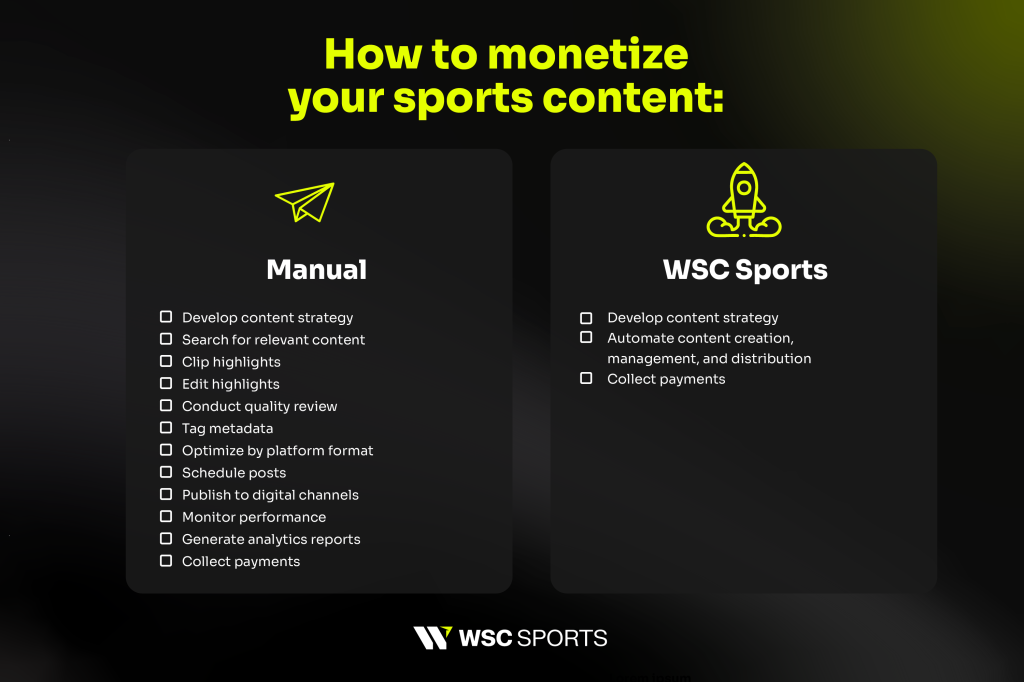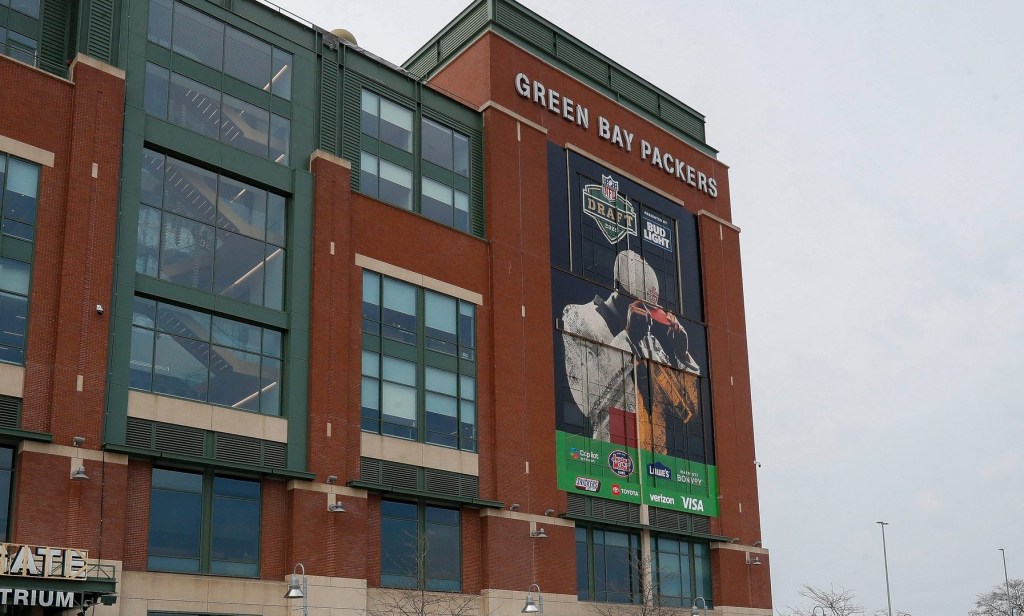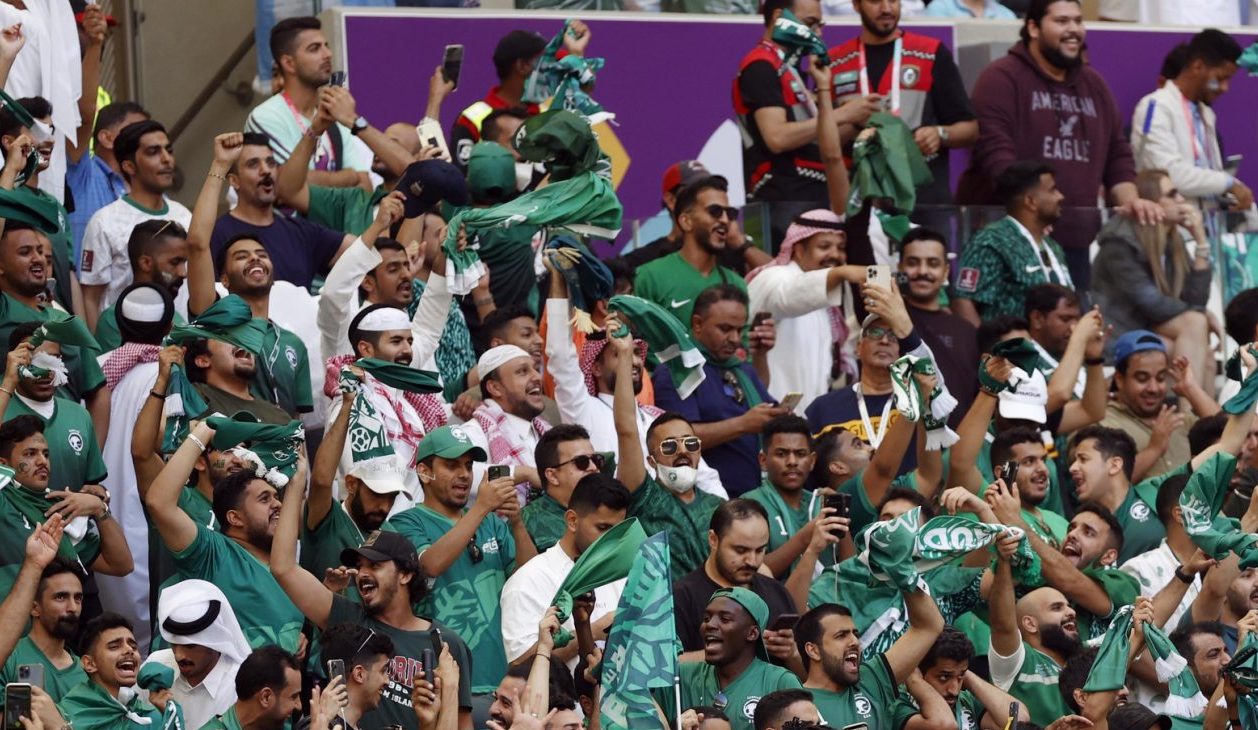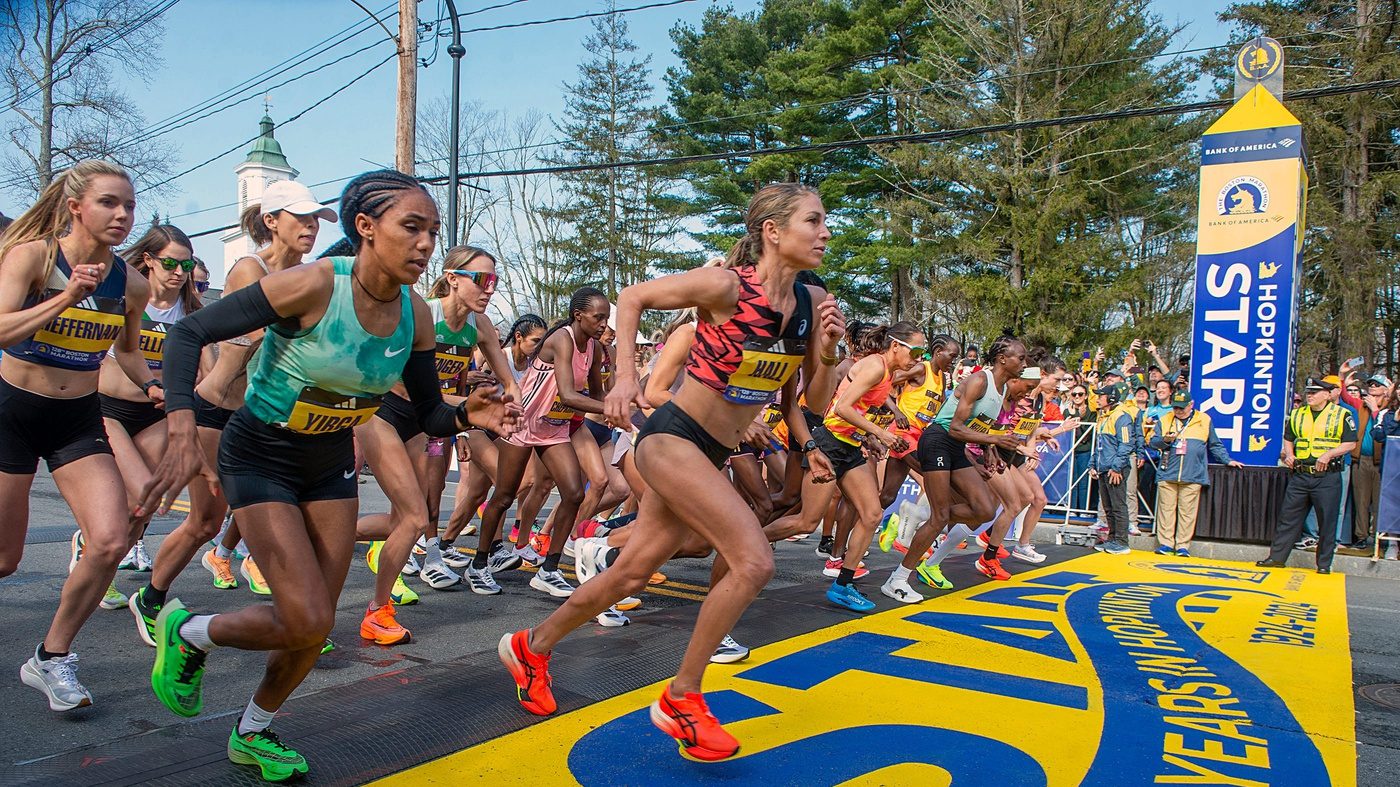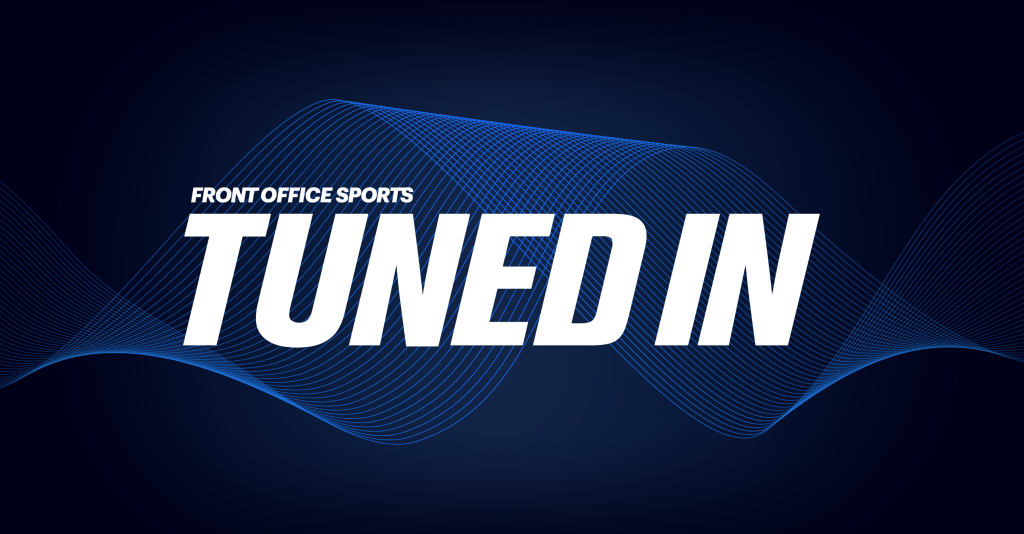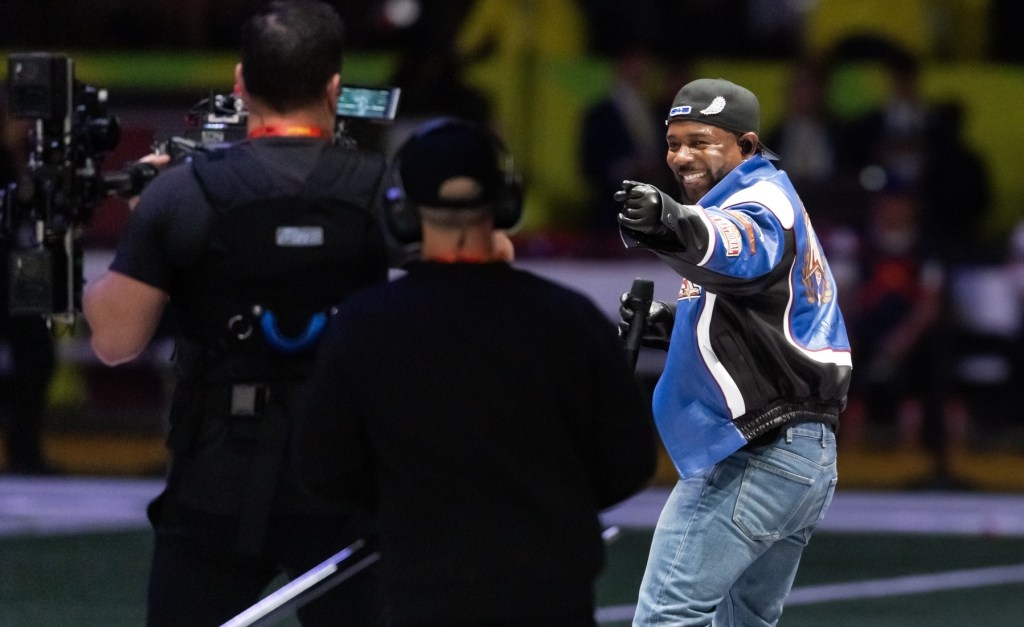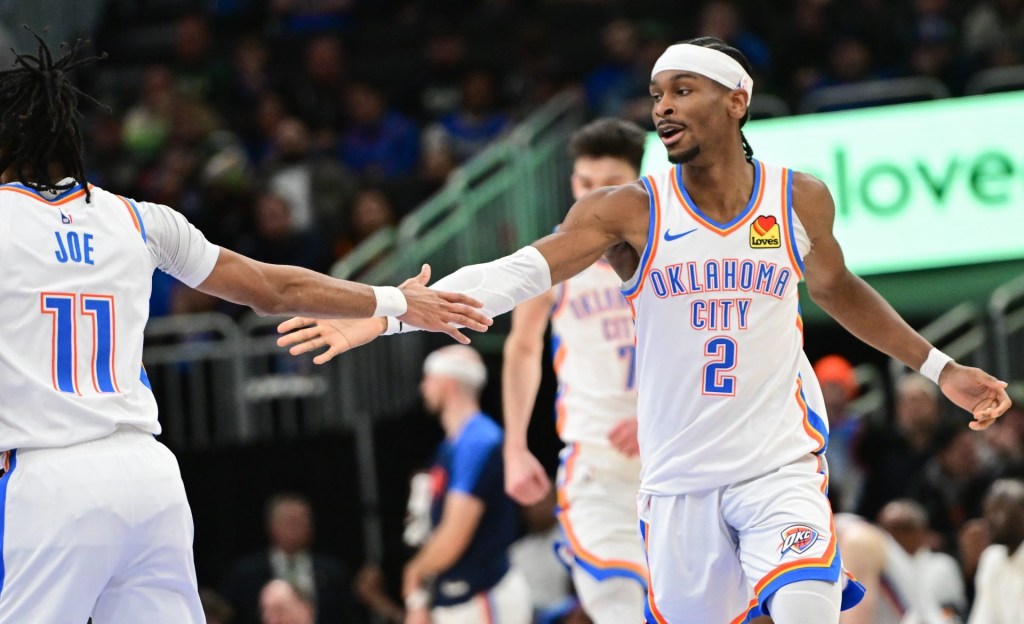After a week of drama over his NIL contracts, it appears Nico Iamaleava has found a new home.
The former Tennessee quarterback is headed to UCLA for a deal rumored to be in the $1.5 million range. Iamaleava posted the news on his Instagram account Sunday.
Last week, a report surfaced saying Iamaleava was in the middle of a renegotiation of his NIL contract with the Vols’ collective—news that his father Nic vehemently denied on social media. He didn’t appear at practice the following day, and by Saturday morning, the Vols had decided to part ways with him.
A member of his camp told Front Office Sports that Iamaleava hadn’t asked the team for more money, and that he had decided to transfer before the April 11 practice, which was why he skipped it. His decision was based on unfulfilled requests related to improvements to the team’s offensive line and arsenal of wide receivers.
Another source familiar with Iamaleava’s NIL contract, however, said he had asked for a raise at the end of the winter transfer portal window and that his representatives have been increasingly unresponsive, leading to confusion and uncertainty at Tennessee.
The messy split from Tennessee has led to questions over who’s really at fault. And it illustrates how uncredentialed representation can potentially undermine a player’s reputation and lead them to the wrong decision, sources have said. Iamaleava’s father Nic Iamaleava, a coach named Cordell Landers, and at least one lawyer—none of whom are certified agents—have been in control of his decision-making.
Iamaleava, who committed to Tennessee in 2022, left a top SEC program fresh off a College Football Playoff appearance that was paying him at least $8 million over the lifetime of his contract. He’ll join a struggling UCLA program for less than he made in Knoxville. The Bruins went 5-7 this past season, and have never appeared in the decade-old College Football Playoff.
And yet, a close family friend refused to say his representatives had led him astray. “His representation hasn’t steered him wrong,” the family friend said. “At the end of the day, what did we do wrong to steer him and put him in a bad situation? We didn’t.”



